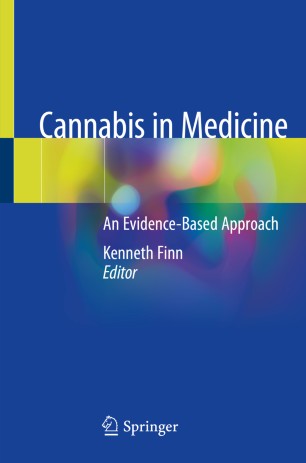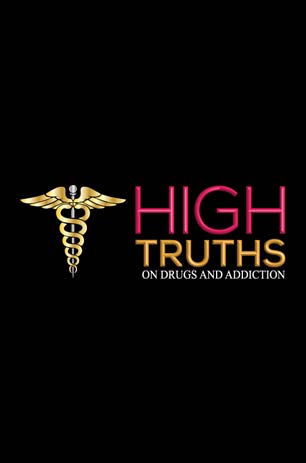Number of young children who accidentally ate cannabis edibles jumped 1,375% in five years, study finds
CNN – In just five years, the number of small children in the US exposed to cannabis after accidentally eating an edible rose 1,375%, a new study says. There were more than 7,040 exposures to edible cannabis in kids under 6 between 2017 and 2021, according to an analysis of records from the National Poison Data


